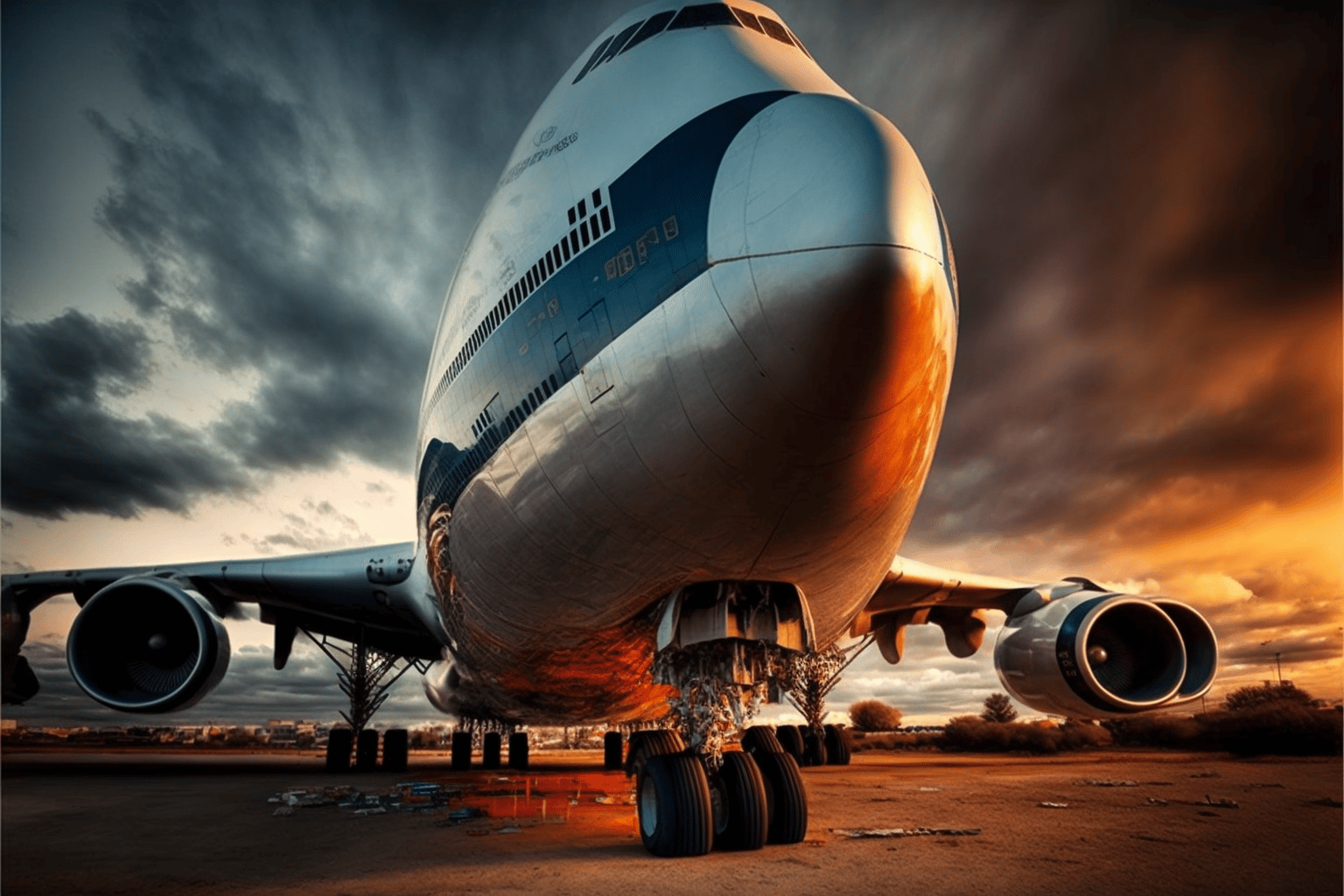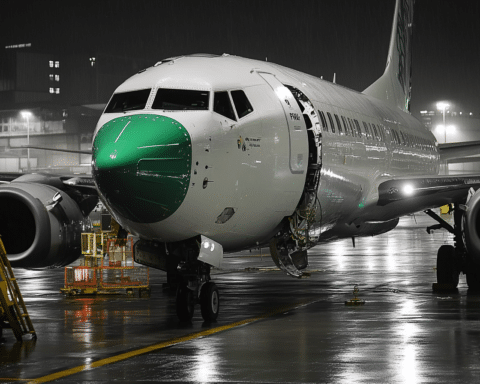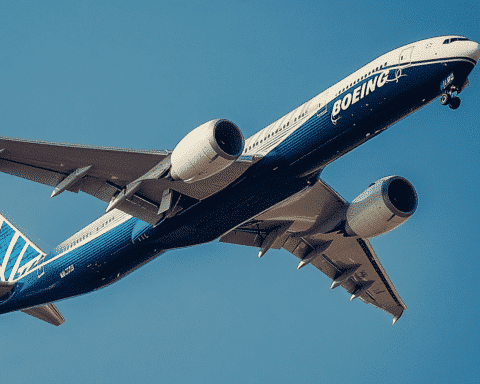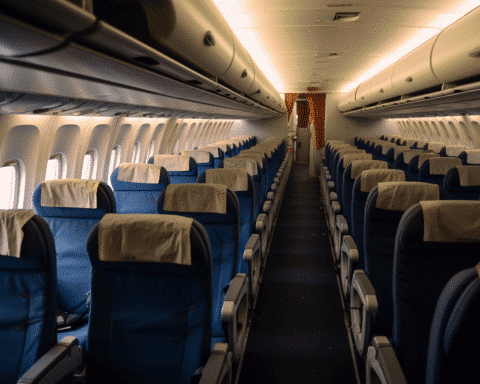Boeing, one of the world’s largest aerospace companies, said goodbye to an iconic plane on Tuesday as it delivered its final 747 jumbo jet. The giant yet graceful plane has served as a cargo plane, a commercial aircraft, transport for NASA’s shuttles, and the Air Force One presidential aircraft for over 50 years. The 747 was a revolutionary plane that changed the face of travel by connecting international cities that never had direct routes and democratizing passenger flight.
However, the glory days of the 747 are over as Boeing and its European rival Airbus have introduced more profitable and fuel-efficient wide-body planes with only two engines instead of the 747’s four. Washington state’s Atlas Air received the final 747 from Boeing. Boeing’s 1,574th 747 will be sent off in front of a large crowd of current and former employees.
Boeing built the 747 after losing a contract for a means of military transport, and it was created to take advantage of the new engines developed for transportation. The jumbo jet was built by more than 50,000 Boeing workers in less than 16 months, earning them the nickname “The Incredibles.” To build the 747, Boeing had to build a huge factory in Everett, outside of Seattle, which was the world’s largest building by volume. The plane’s distinctive design included a second deck extending from the cockpit, giving it a hump and the nickname “the Whale,” while also earning the title “Queen of the Skies.”
Boeing’s iconic jumbo jet, the 747, has had a long and rich history in the aviation industry. The first 747 was introduced by Pan Am in 1970 for the New York-London route and set a new standard for airlines in figuring out how to fill the large plane. The second deck of the 747 was turned into a first-class lounge while the lower deck sometimes had lounges or even a piano bar. The large size of the 747 contributed to the deregulation of air travel in the late 1970s as airlines needed to fill the plane with lower prices to make it economical.
The updated 747-400 series was introduced in the late 1980s and coincided with the Asian economic boom of the 1990s, making travel more accessible for budget travelers. Delta was the last U.S. airline to use the 747 for passenger flights, which ended in 2017. However, some international carriers still fly the 747, including the German airline Lufthansa. Atlas Air ordered four 747-8 freighters early last year and the final one left the factory in 2022.
Boeing, which has roots in the Seattle area and assembly plants in Washington and South Carolina, recently announced that it would move its headquarters from Chicago to Arlington, Virginia, putting executives closer to key federal government officials and the Federal Aviation Administration. The company’s relationship with the FAA has been strained since the deadly crashes of the 737 Max in 2018 and 2019, which took nearly two years for the FAA to approve design changes and allow the plane back in the air.




